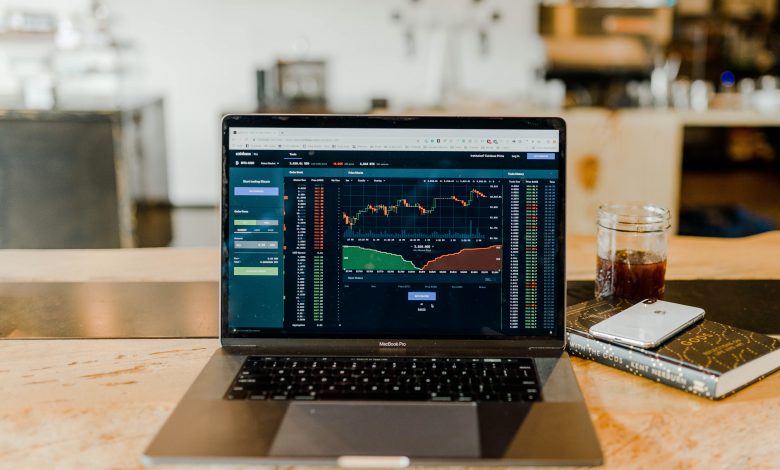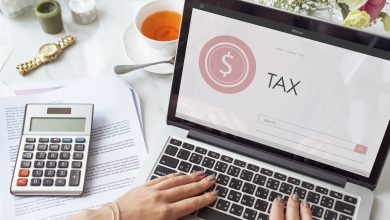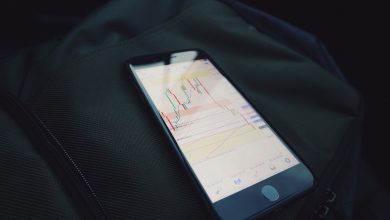All About Insider Trading in India

Insider trading is a term we have all heard thrown around, but what exactly is it? For instance, the Securities Exchange Board of India (SEBI) recently penalized 2 Infosys employees for passing price-sensitive information to their friends to trade in the company’s shares which qualified as insider trading. In this article, we define insider trading and everything you need to know about it. Take a look.
The Meaning of Insider Trading
Definition: The term refers to an ‘insider’ purchasing or selling securities based on unpublished price-sensitive information (UPSI). It is, therefore, malpractice where a company’s securities are traded by people who, by virtue of their work or relationship with someone who works in that company, possess information the public does not. The person(s) can therefore gain from the trade at the expense of the uninformed public before the price fluctuates.
SEBI defines an ‘insider’ as one who has or is connected to someone with access to UPSI. Connected person(s) is then further defined as someone who, within the past 6 months leading to insider trading, has worked for, or had interaction with the company in any capacity, such as an employee, trustee, director, supplier, legal counsel, or official of the stock exchange and anyone related to these parties, including friends and family.
UPSI, on the other hand, includes but is not restricted to quarterly performance results, expansion and shutdown plans, mergers and acquisitions, and any information yet to be made public. Insider trading is considered malpractice for the following reasons:
- It involves using information that has not been made public, which means gaining an unfair and secret advantage since the playground is not level for all players.
- It disreputes the market and may discourage investment in securities.
- It gives rise to a potential conflict of interest where the perpetrator self-interest comes before the company’s interest.
- It’s a breach of fiduciary duty of care, trust, and confidence, therefore, making it unethical.
How Does SEBI Regulate Insider Trading?
Insider trading has been prevalent throughout the history of financial markets but was prevalent during the elementary years of share markets. SEBI highly shuns upon it in a bid to promote fair trade. It’s an unfair practice since those with information stand to gain while other stakeholders lose from lack of important information. The practice is considered legal or illegal, depending on the data involved. If the info in question is non-public, then it’s illegal to use it, but it’s not illegal if it has already been made public.
The Company’s Act has repeatedly shown the inability to resolve trading issues, especially those surrounding unfair trading, such as insider trading. The SEBI Act was enacted in 1992 to step in for the Company’s Act to regulate trading and protect investors’ interests to encourage the growth of securities markets.
According to Section 11 and 30 of the SEBI Act, the body has the legal power to intervene in all insider trading matters, and the section implements regulations to cap the illegal activities. The practice is not the easiest issue to handle due to its complexity as it involves a simple human instinct, greed. Therefore, the body has tried to understand the extent of this problem to come up with ways of curbing it.
Therefore, SEBI legislation requires initial and continual disclosure by individuals, including that key managerial staff, reporting their shareholding within 30 days while newly appointed officials do so within 7 days. Every listed company should also formulate and publish a procedure for fair disclosure of non-public information. There’s also a need for a code of conduct that regulates and reports employee buying and selling to ensure they comply with the disclosure requirements.
Examples of Insider Trading in India
Infosys
Shortly after several Infosys employees were banned by SEBI over-sharing UPSI, another employee was on 29/09/2021 banned over the same offense.
Zee Entertainment
The body on 28/09/2021 barred 5 persons from the securities market due to taking part in insider trading in the scrip of the company.
Indiabulls Ventures
The CEO of the company mentioned above recently resulted in paying Rs 5 crore for alleged insider trading. The company filed applications to SEBI proposing the settlement of pending proceedings from 2018.
Mindtree Ltd
The body yet again penalized two persons for violating the regulations in respect to shares of Mindtree Ltd. The two were directed to pay a fine of Rs 1 lakh each as SEBI found them to have transacted on the company’s scrip multiple times, including the investigation period.
Importance of Regulating Insider Trading
As we have seen, insider trading creates unfair competition, disreputes markets, and even discourages equity investment. Therefore, it’s crucial to have symmetric information for the stock market to work and allow forces of demand and control to determine stock prices.
Regulation enables investors to use their own interpretation and analysis of data and events and pit against each other for profits. UPSI, on the other hand, gives a few insiders an advantage over the others, so they can influence the market outcomes.
Unsuspecting and uninformed investors who don’t have access to the same information but have put time into research and selection of stock will be on the losing end, which is discouraging.
Local and foreign investors lose faith in the stocks market when they realize that insider trading is rampant, eventually contributing to market failure. Therefore, it should be dealt with firmly, and the perpetrators charged immediately to ensure fair competition among investors and for investors to trust market systems.
Key Takeaways
Insider trading is unfair malpractice that should be shunned and regulated at all costs. Apart from discouraging investors and creating unfair competition, it also makes it challenging for stock traders to make any profits since the ground is not level for everyone. It’s not just SEBI’s obligation to regulate and control this vice but also individuals. Whistleblowers play a crucial role in outing and reporting insiders, which also helps in curbing the issue.




